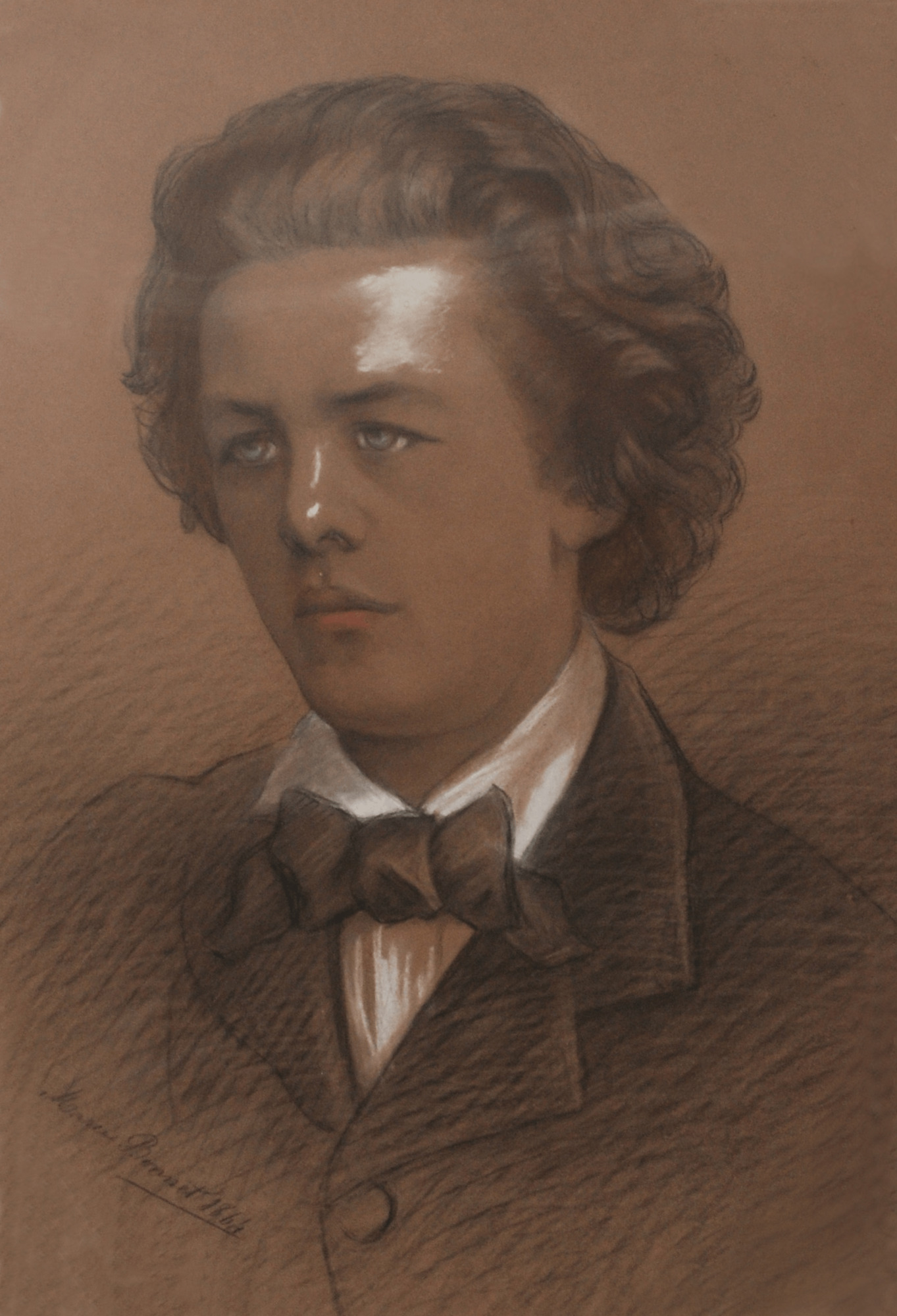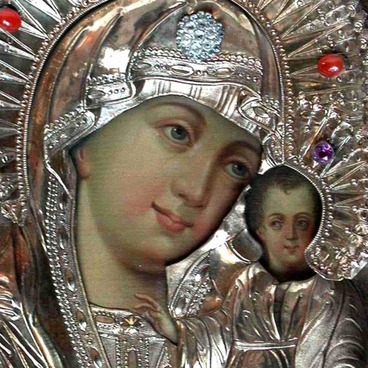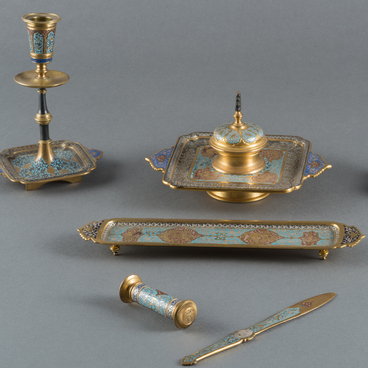Anton Rubinstein played a huge role in the life of Pyotr Tchaikovsky. He was a Russian composer, a wonderful pianist, and a teacher, with amazing leadership skills. It was his idea to create the Russian Musical Society which was the first to hold regular symphony concerts.
Rubinstein also organized Musical Classes, which were transformed into Russia’s first St. Petersburg Conservatory; he became the Conservatory’s director and professor. He was a first-class teacher who cared a lot for his students — he would often use his savings to help young talents. Students always lived in Rubinstein’s flat which was located in the conservatory’s building.
At the age of 22, Pyotr Tchaikovsky, who he had already graduated from the School of Jurisprudence and pursued his profession, began his studies under the guidance of Anton Rubinstein. Herman Laroche, Tchaikovsky’s fellow student, recalled: ‘The director’s powerful personality filled us, the students, with immeasurable love, mixed with a fair bit of fear’. Rubinstein’s talent, energy, breadth of knowledge, and experience as a composer amazed Tchaikovsky and had a significant influence on him and his work.
In his autobiography, written in the summer of 1889, Tchaikovsky wrote: ‘…with regards to instrumentation and free composition, I was partially instructed by Anton Rubinstein, and I can simply admire his purely practical way of teaching those subjects. I worshipped him deeply; indeed, it was very difficult to avoid the magical attraction that brilliant artist and noble, generous person aroused in everyone who was fortunate enough to be near him. With all his energy, he encouraged me to follow my vocation, which, however, did not prevent him from regularly reproaching me for my appetite for a new movement and my attempts to follow in the footsteps of Berlioz and Wagner’.
The relationship between the two composers was very difficult, but it lasted for over 30 years. Anton Rubinstein treated his student rather dispassionately. In 1878, Tchaikovsky expressed his hard feelings towards his teacher in a letter to his close friend and benefactress Nadezhda von Meck. He was very upset that Rubinstein knew the musical talent and prospects of his student, but did not help grow his popularity in any way. Tchaikovsky wrote: ‘…that ace always treated me with inaccessible arrogance, bordering on contempt, and no one else could wound my pride quite as deeply’.
Rubinstein also organized Musical Classes, which were transformed into Russia’s first St. Petersburg Conservatory; he became the Conservatory’s director and professor. He was a first-class teacher who cared a lot for his students — he would often use his savings to help young talents. Students always lived in Rubinstein’s flat which was located in the conservatory’s building.
At the age of 22, Pyotr Tchaikovsky, who he had already graduated from the School of Jurisprudence and pursued his profession, began his studies under the guidance of Anton Rubinstein. Herman Laroche, Tchaikovsky’s fellow student, recalled: ‘The director’s powerful personality filled us, the students, with immeasurable love, mixed with a fair bit of fear’. Rubinstein’s talent, energy, breadth of knowledge, and experience as a composer amazed Tchaikovsky and had a significant influence on him and his work.
In his autobiography, written in the summer of 1889, Tchaikovsky wrote: ‘…with regards to instrumentation and free composition, I was partially instructed by Anton Rubinstein, and I can simply admire his purely practical way of teaching those subjects. I worshipped him deeply; indeed, it was very difficult to avoid the magical attraction that brilliant artist and noble, generous person aroused in everyone who was fortunate enough to be near him. With all his energy, he encouraged me to follow my vocation, which, however, did not prevent him from regularly reproaching me for my appetite for a new movement and my attempts to follow in the footsteps of Berlioz and Wagner’.
The relationship between the two composers was very difficult, but it lasted for over 30 years. Anton Rubinstein treated his student rather dispassionately. In 1878, Tchaikovsky expressed his hard feelings towards his teacher in a letter to his close friend and benefactress Nadezhda von Meck. He was very upset that Rubinstein knew the musical talent and prospects of his student, but did not help grow his popularity in any way. Tchaikovsky wrote: ‘…that ace always treated me with inaccessible arrogance, bordering on contempt, and no one else could wound my pride quite as deeply’.


